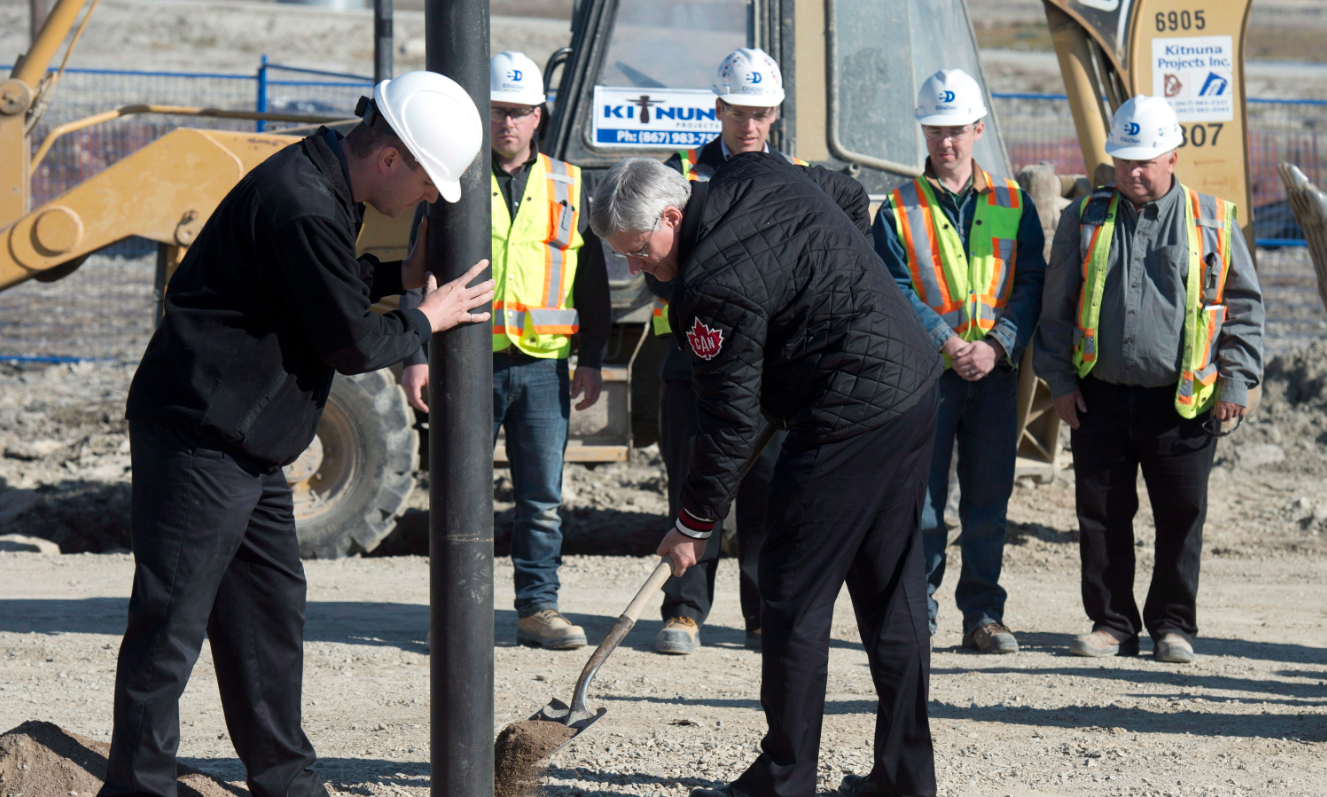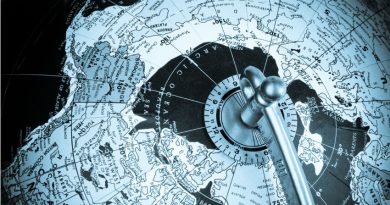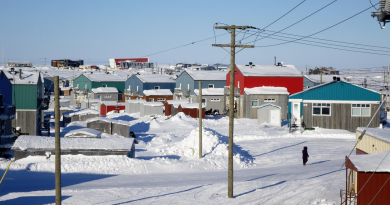Canada announces Polar Knowledge Canada organization

The Canadian government announced this week that it has merged the functions of the Canadian Polar Commission and the Canadian High Arctic Research Station initiative into a new organization.
Called Polar Knowledge Canada, the new organization will have its headquarters in the Canadian High Arctic Research Station when it opens in Cambridge Bay, Nunavut in 2017.
“The official start of Polar Knowledge Canada as a new organization is a significant achievement in our Government’s Northern Strategy,” said Bernard Valcourt, Canada’s minister of Aboriginal affairs and northern development in a news release this week.
“The leadership Canada is taking in polar science and technology and in the stewardship of Canada’s Arctic will benefit not just Northerners but all Canadians and the rest of the world for generations to come.”
Collaborations with northerners
The government says that Polar Knowledge Canada will “build on the former Canadian Polar Commission’s mandate to serve as Canada’s primary point of contact for Arctic science.”
“On behalf of the Board of Directors, I’d like to express our enthusiasm at being able to bring our experiences of working, living and researching in the North to the collaboration between Polar Knowledge Canada and Northerners as we work to bring new understanding of the changing Arctic to all Canadians,” said Nellie Cournoyea, the interim chair of Polar Knowledge Canada in a statement.
“These collaborations will help provide Northerners with up-to-date information needed for effective action on the issues we face every day – for economic development, environmental and wildlife stewardship, community health and well-being – and to plan wisely for the future.”
More information on Polar Knowledge Canada and the High Arctic Research Station can be found HERE
Write to Eilís Quinn at eilis.quinn(at)cbc.ca
Related stories from around the North:
Canada: Canadian web documentary highlights Arctic science, Eye on the Arctic
Finland: Northern lights could be visible from southern Finland this weekend, Yle News
Norway: Norway’s polar satellite centre, Deutsche Welle’s Iceblogger
Sweden: Sweden’s Arctic space centre sets sights on satellite launches, Radio Sweden
United States: Auroral research rocket blasts into space from Alaska range, Alaska Dispatch News



